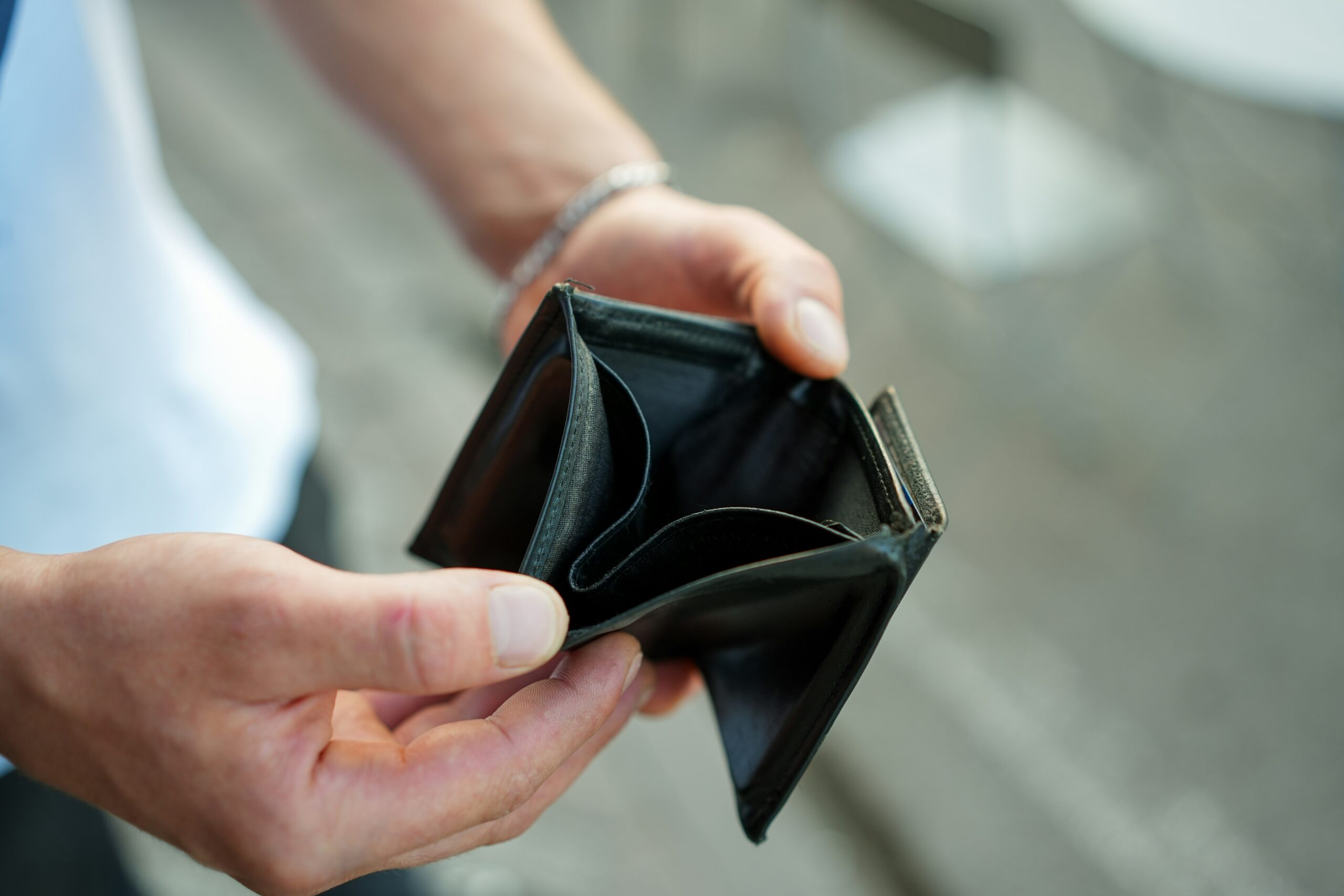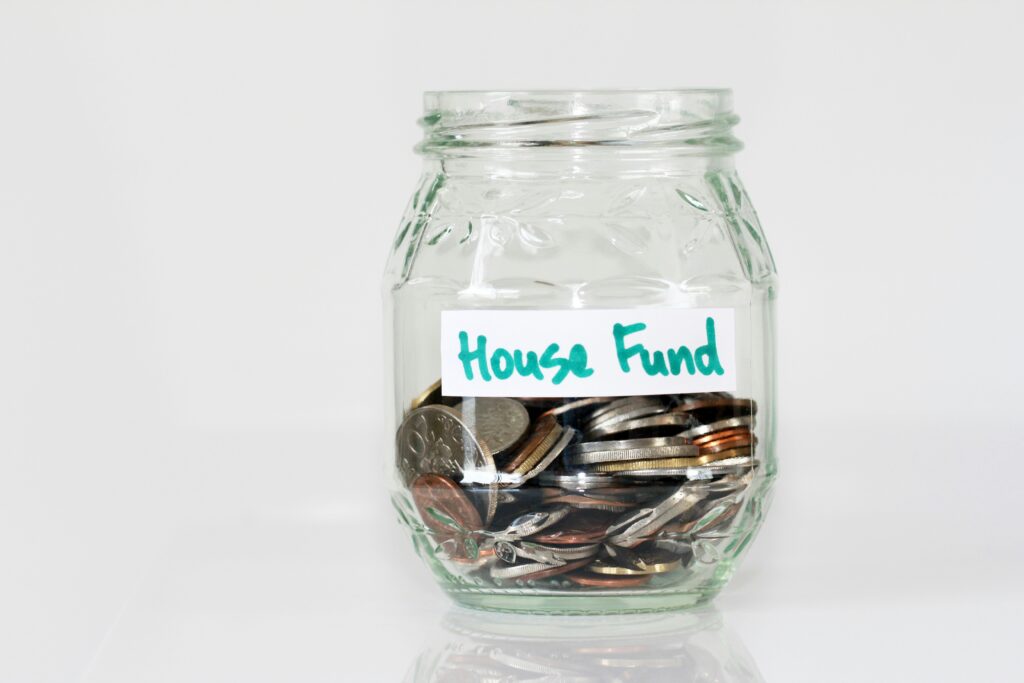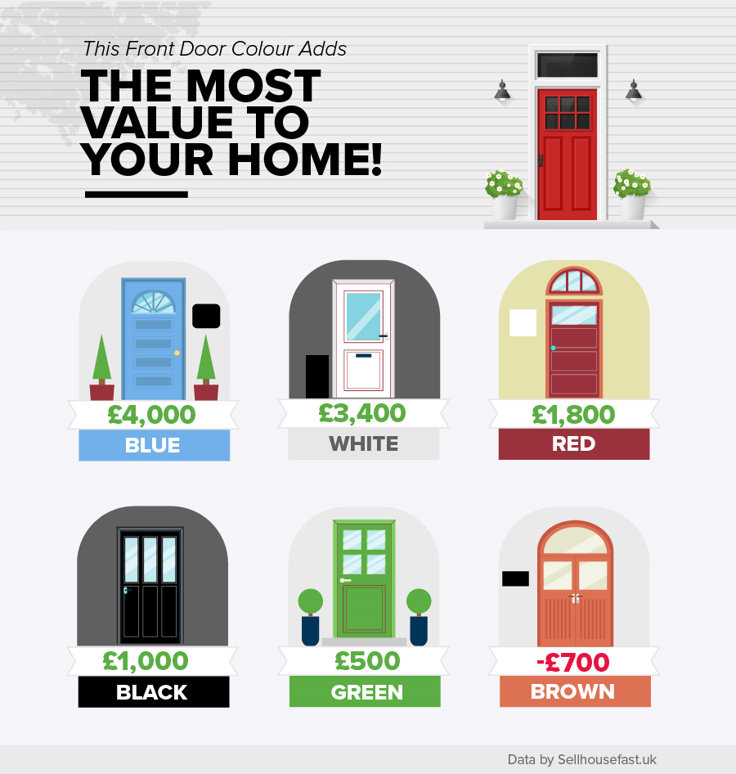
If I Go Bankrupt What Happens to My House?
If you’re facing serious debt, bankruptcy is one option, but it should only be considered after exploring all other possibilities. If you have no other way to pay your debts or a company has applied to make you bankrupt, you’re likely wondering what will happen to your assets. In this blog we explore what happens to your house if you go bankrupt, taking you through the process as well as looking at ways to keep your house. Let’s get into it.
What is bankruptcy?
Bankruptcy is a legal process that happens when someone isn’t able to pay their debts. It gives them a fresh start by forgiving debts they can’t afford to pay. Bankruptcy allows those struggling with debt a fresh start, whilst giving creditors a chance to recover a portion of what they are owed.
If I’m made bankrupt what happens to my house?
If you own your home, there is a possibility it may need to be sold. The official receiver (or a bankruptcy trustee if one has been appointed) may need to sell your home to help pay off your bankruptcy debts. This applies regardless of whether the home is freehold or leasehold, and whether it is owned alone or jointly. Keep in mind that if your home has a mortgage and you miss payments, your lender may be able to sell it. The proceeds from the sale will be used to pay off your debts.
When will my home be sold?
If you have dependents or anyone under 18 living in your home, you might be allowed to stay in the house for up to a year. Because the sale of your home might be delayed until the end of the first year of your bankruptcy, this gives you time to make alternative living arrangements.
How can I avoid my home being sold?
No one wants to lose their home, but it’s a reality that many people facing bankruptcy may have to confront. However, there are situations where alternative solutions may be considered.
Negative equity
If the market value of your property falls below the remaining mortgage balance, you may be able to keep your home. However, your share must be worth over £1,000 after selling costs are deducted. This situation will be reviewed two years and three months after your bankruptcy filing. If the circumstances remain unchanged, it’s unlikely your house will be sold.
Beneficial interest
When you go bankrupt, the beneficial interest, also known as your share in the property, is transferred to the official receiver or trustee (the person handling your bankruptcy). This means they have the right to sell or deal with your share of the property to help pay off your debts. However, you may be able to keep your home if someone is able to buy your share (such as your spouse or partner). This is the amount of money you would receive from the sale of your home after any debts against it have been deducted.
Is there a time limit on bankruptcy?
Your bankruptcy representative, whether the official receiver or bankruptcy trustee, has three years to decide what to do with your property. After this three-year period, if none of the following actions have been taken, no further action can be taken on your property:
- Applied to the court for a change of order
- Applied to the court for an order to leave the property
- Sold your beneficial interest
- Paid off your beneficial interest
Is bankruptcy right for me?
Bankruptcy is a serious step, and you should seek financial advice or visit your local Citizen’s Advice Bureau if you’re struggling with debt. It should only be considered as a last resort, after all other options have been explored. Potential other options could include:
Individual Voluntary Arrangement (IVA)
An IVA is a formal agreement where you agree to pay back a portion of your debts over time, usually five years. It allows you to keep your home and any other property whilst dealing with your debts. The benefit of an IVA agreement is that it stops your creditors from taking further action, such as taking out a court order or claiming bankruptcy.
Debt Relief Order (DRO)
A DRO is a simpler option for people with low income, few assets and debts they can’t repay. It allows you to write off your debts after 12 months. To qualify, your debts must be below a certain amount, and you must have little or no assets. After 12 months have passed, if you haven’t paid off your debts, they are automatically forgiven.
Choosing bankruptcy
There are no specific eligibility criteria or minimum debt amounts for filing for bankruptcy. However, if your debt exceeds your income or the value of your assets, bankruptcy could be an option for you. Another possible way to free up funds quickly to pay off your debts could be to sell your property to a cash house buying company. No matter your situation, it’s always best to consult a legal advisor to make the decision that is right for you.
Bankruptcy is an option for people who:
- Are unable to pay their debts
- Are stuck in a situation that seems unlikely to improve
- Don’t own high-value belongings
- Have little or no equity in their home
How Sell House Fast can help
If you are struggling to pay your mortgage or are worried about the possibility of bankruptcy, then it may be best to sell your property as soon as you can. A quick house sale can help you avoid emotional and financial pain, as well as the uncertainty of dealing with unpredictable potential buyers. This gives you peace of mind and the freedom to move forward. Plus, you can sell your house for free with our service, with no estate agent fees, legal costs, or any other fees.
At Sell House Fast, we buy properties for cash. Selling your home is quick, easy and tailored to your needs. Simply get in touch with us and give us a few details about your house. We’ll provide you with a free and fair cash offer to get your house sold fast.


